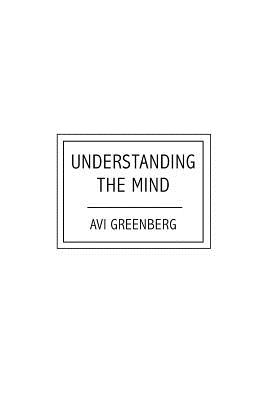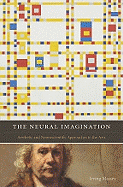Understanding the Mind
$15.29
Description
Product Description This book contains a rather unusually bold theory of the mind. Indeed, according to it, contrary to our most immediate introspective impressions, our mind is not the creator of thoughts that appear in it. However, before we start energetically protesting, let us consider the following. Our belief in our mind being a thought creating agency is based on the evidence that is seemingly error-proved: we believe unreservedly that we can change the direction of thought development at will and work with utmost self-awareness on the creation of thoughts of desired contents. That’s what we have on one side of the equation. On its other side, we have a complication of enormous amplitude: thoughts appear in our mind spontaneously. The embarrassing import of that effect is that, as self-observation makes it inescapable, thoughts appear in our minds from…nowhere. Therefore, we have to ask how are we to reconcile the fact of spontaneous appearance of thoughts in the mind with our belief in its thought-creating capabilities? Note further, thoughts not only appear spontaneously in the mind, they also leave it in a similar manner (where to?). As it does not need to make any special effort to have thoughts, it similarly does not need to develop any conscious effort to have them disappear. Both effects are of the highest phenomenological and theoretical importance, because they are directly responsible for that exceedingly solitary position that the mind occupies in the brain. Indeed, on the one hand, the mind not knowing from where and how thoughts arrive to it and, not knowing, on the other hand, where to and how they part, it finds itself stripped of all traceable causal links to the substrate which creates it. The troubling brain-mind dichotomy consequently arises. There is another bewildering effect that is also clearly discernible in the workings of the mind, namely, its perfect inability to know in advance the thought that it will have in the very next moment. If the mind were the true creator of its thoughts, as we sincerely believe, then that effect simply could not be observable: all its thoughts, certainly potentially, must have appeared in it knowingly. Precisely because it is not so, E.M. Foster was perfectly right to wonder despondently “How can I tell what I think until I see what I say?” Moreover, we may fully expect from an aware thought creator to know something of substance of what the contents of thoughts are. However, we are not simply abysmally ignorant about that important subject; in fact, we do not even really comprehend what thought fundamentally is. Strictly speaking, the very fact that thoughts appear spontaneously in our minds makes a true mockery of our belief that they are self-contained, thought-creating agencies. The inability to know its closest thought in advance is particularly incomprehensible. Additionally, it appears quite paradoxically for our belief that smooth thought development is the least impeded if no conscious attempt is made to control the appearance of thoughts in our mind. When we speak spontaneously, we literally speak “blindly,” i.e. unthinkingly, and we do not know how it occurs to us. The theory’s major conclusion is this: the contents of thoughts that appear in the mind are not created in the mind, but rather brought to it by the brain in order to be expressed there with awareness. The new theory allows to suggest new explanations for such phenomena as split-brain, autism, unilateral neglect syndrome, hypnosis, and apparent motion which are broader and deeper than those proposed previously. The book has also chapters which treat such subjects as memory, living systems, genetic code and some other. It will be a particularly attractive read for motivated readers, both professionals and laymen, who have wide ranging interests in science.
Author: Greenberg, Avi
Topic: Psychology
Media: Book
ISBN: 1419646672
Language: English
Pages: 232
Additional information
| Weight | 0.7 lbs |
|---|---|
| Dimensions | 9 × 6 × 0.49 in |















Reviews
There are no reviews yet.